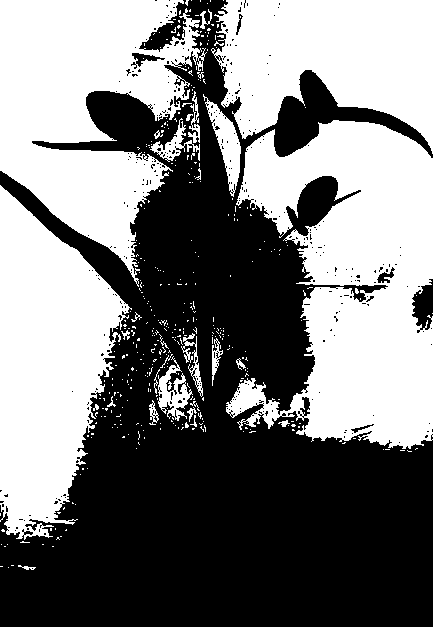Method of transferring rhizobium japonicum to corn root system
A rhizobia, corn technology, applied in the fields of botanical equipment and methods, horticulture, application, etc., can solve the problems of inability to graft, no new varieties can be cultivated by grafting, etc., and achieve the effect of low cost and simple operation.
- Summary
- Abstract
- Description
- Claims
- Application Information
AI Technical Summary
Problems solved by technology
Method used
Image
Examples
specific Embodiment approach
[0019] The present invention is described further below, and its specific implementation is as follows:
[0020] 1. Sowing:
[0021] Choose pure soybean seeds and pure corn seeds that are plump and flawless (transgenic soybeans and corn are not allowed), and sow them on-demand in the test field. The test field is suitable for sandy soil, with a humidity of 50%-60%, and a sowing depth of 2- 3 cm, covered with soil.
[0022] 2. Grafting:
[0023] ① Preparations before grafting: single-sided blades, medical alcohol (75%), non-static plastic strips (1 cm wide), stainless steel tweezers, bamboo needles (thick as a sewing needle, 1 cm long), sterile gloves. Sterile gloves must be worn during grafting, and all tools must be sterilized with alcohol, especially the bamboo needles must be sterilized and dried in advance and put into a sterile bag for later use.
[0024] ② Timing of grafting: The seedlings of corn and soybean have just been unearthed for 2-3 days. If corn only grows...
PUM
 Login to View More
Login to View More Abstract
Description
Claims
Application Information
 Login to View More
Login to View More - R&D
- Intellectual Property
- Life Sciences
- Materials
- Tech Scout
- Unparalleled Data Quality
- Higher Quality Content
- 60% Fewer Hallucinations
Browse by: Latest US Patents, China's latest patents, Technical Efficacy Thesaurus, Application Domain, Technology Topic, Popular Technical Reports.
© 2025 PatSnap. All rights reserved.Legal|Privacy policy|Modern Slavery Act Transparency Statement|Sitemap|About US| Contact US: help@patsnap.com



